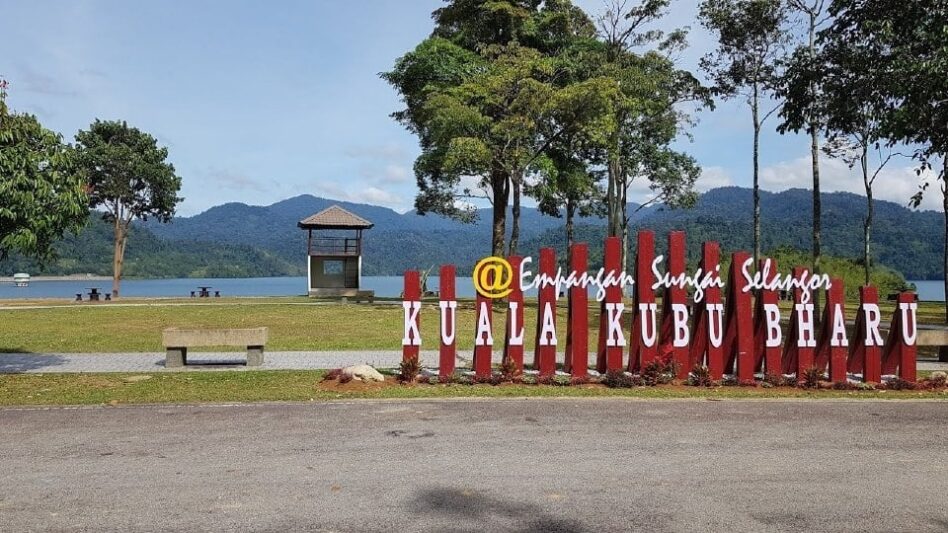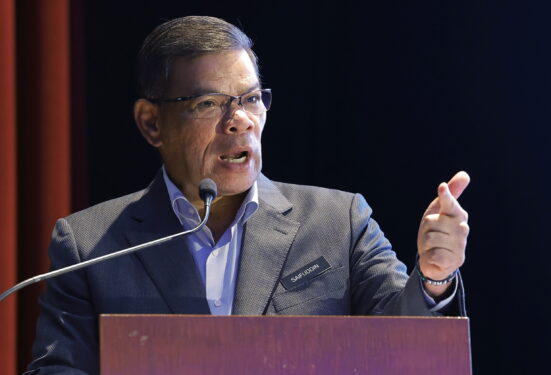KOTA KINABALU: Teachers and students in Sabah have been equally supportive to ensure smooth online Learning and Facilitation (PdPc) sessions throughout the Movement Control Order (MCO) period since it was enforced on March 18.
However, Sabah Education director Dr Mistirine Radin admitted that lack of internet access and gadgets such as smartphones among students from the state’s rural and interior areas, pose a challenge to the PdPc sessions.
Mistirine told Bernama that based on accumulated data, 98% of teachers in Sabah are prepared to conduct online PdPc because they are fully equipped with WiFi, internet data and gadgets to run the sessions.
Unfortunately, about 52% of the students in the state do not have access to the internet and smartphones, computers or mobile gadgets that are needed to participate in the sessions scheduled by their teachers, she said.
“Online learning is not new in education because it has been practised in school. Normally, sessions in school are held at computer labs equipped with high-speed internet.
“However, conducting online PdPc sessions during the MCO is a challenge because the students who are at home are separated from the facility. Some students do not have access to the internet, not to mention not having gadgets.
“We will ensure that no students are left behind in these learning sessions,” Mistirine said, adding that video conferences are being held with headmasters, principals and officers from the District Education Office to discuss the best alternatives to overcome this problem.
One of the first measures taken by the teachers was sending learning materials such as textbooks, workbooks and worksheets to the students at home or sending them to the homes of village heads.
This is to ensure that students who lack access to the internet and gadgets can still learn, she said.
The Sabah Education Department also takes additional initiative by enforcing project-based learning (PBL), a more systematic and practical approach, which is also an effort to reduce teachers’ movements during the MCO.
Mistirine said the department had issued guidelines and PBL sample projects to all teachers in Sabah and this method can be accessed online, offline or a combination of both.
The PBL affords a longer period to the students to complete their assignments and the department is optimistic that this learning method can overcome the challenges they face especially when they are unable to follow the online sessions.
This method also supports the 21st-century learning approach, designed to facilitate students development through critical thinking, since they are required to complete assignments on their own with minimal guidance from the teachers, she said.
“The PBL is designed to keep track of the 52% of students who lack access to the internet and gadgets, to allow them to participate in learning sessions so that they will get the same education as students who have access to the facility.
“It is also a preparation for similar situations in the future (temporary closure of schools). Hereafter, teachers in Sabah have options in conducting learning sessions for their students,” Mistirine said. — May 8, 2020, Bernama









